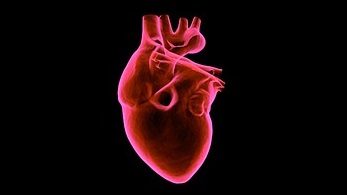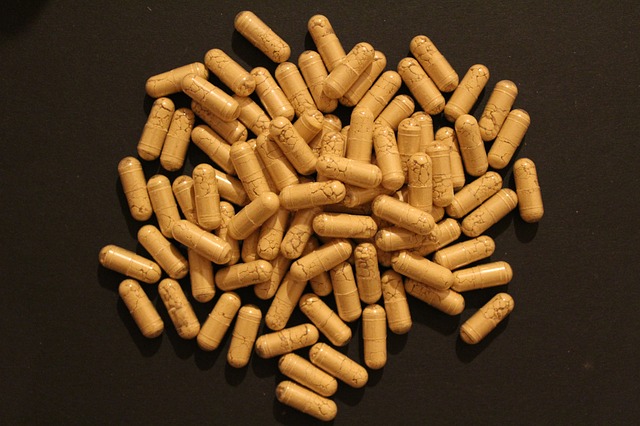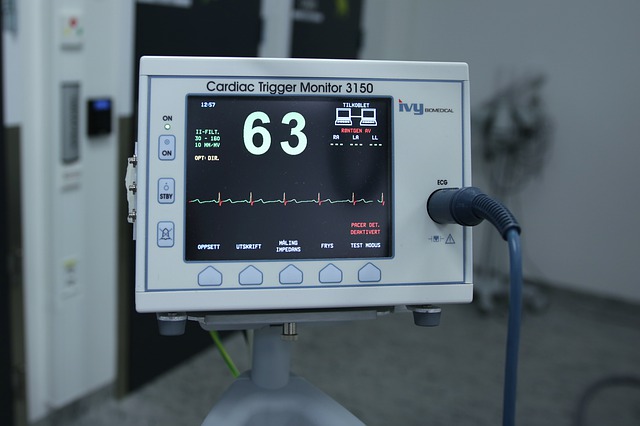Last updated on April 29th, 2025 at 05:41 pm
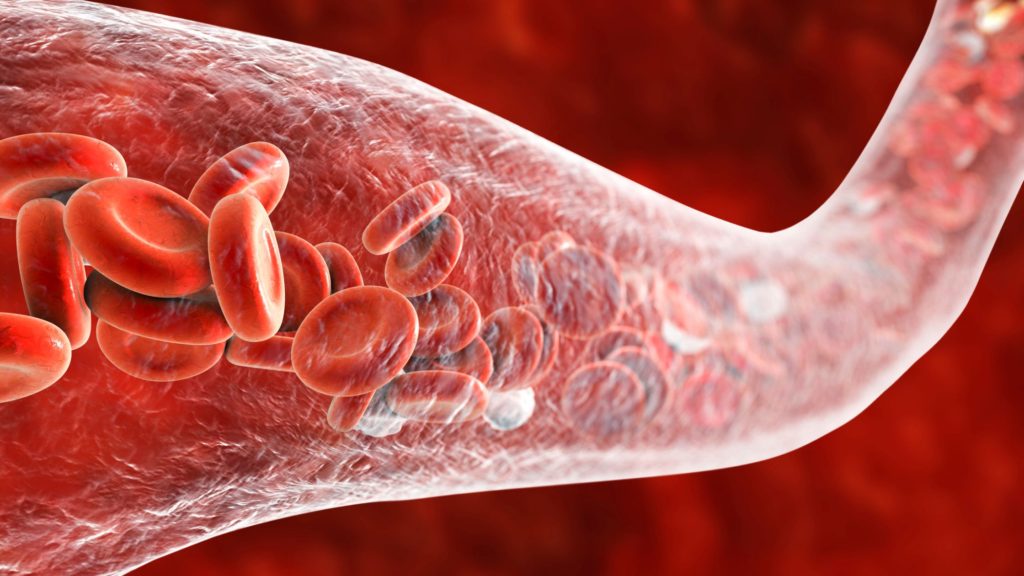
Coronavirus infection increases the chances of heart attack and the risk multiplies if the sufferer has been hospitalised finds a recent study. This UK study led by Dr Zahra Raisi was published in the online Journal Heart1.
Study reveals that with the severity of COVID-19 infection the risk of cardiovascular disease and venous thromboembolism increases including the risk of death due to heart attack. This research makes us give greater attention to people suffering from cardiovascular disease and having a history of coronavirus infection. In this article, we will try to understand more about this important research and what it means to us.
Severity of COVID-19 and heart attack death risk
During the year 2020 when the first wave of the COVID-19 pandemic hit, millions of people were infected by the coronavirus. However, many of them had minor infections that did not require hospitalization. But, there were also cases so severe that they needed hospitalisation.
Scientists already knew that COVID infection increases the risk of cardiovascular diseases such as myocardial infarction, stroke, heart failure, atrial fibrillation, venous thromboembolism, pericarditis, heart attack, and death due to heart attack. But researchers in the United Kingdom were curious whether this heart-related event or death varies with severity of COVID infection.
Doctors selected 502460 patients for study
To find this, the research team led by Dr Zahra Raisi choose to study cases with a history of COVID-19 infection with outcomes related to heart disease. For this, they collected all the patient records from the UK biobank from the period 1 March 2020 to 1 March 2021.
There were a total of 502460 patient records out of which 481955 patient was not infected by the coronavirus, and 20505 patients were coronavirus infected. Out of these researchers finalised 17871 infected participants and 35742 uninfected participants.
The doctors further classified these 17871 infected participants into 14304 non-hospitalises participants (mild infection), 2071 participants hospitalised with COVID-19 as the primary diagnosis and 866 participants hospitalised with COVID-19 as a secondary diagnosis.
A secondary diagnosis means, the person was hospitalised for a different disease but upon hospitalisation was also found to be infected with the coronavirus. They collected the data for further analysis
The collected data was carefully analysed, and the scientist was looking for outcomes related to heart disease between 1 March 2020 to 1 March 2021.
They were looking for myocardial infarction, stroke, heart failure, atrial fibrillation, venous thromboembolism, pericarditis, all-cause death, cardiovascular death, and ischemic heart disease death.
Result
Results clearly demonstrate the association of past COVID-19 with increased incidence of cardiovascular disease and death. These risks were higher in the hospitalised case as cases than in non-hospitalised cases and were highest in the first 30 days postinfection. Here is the breakdown of risk associated with the severity of COVID-19 infection.
Even non-hospitalised COVID-19 infected have increased heart attack death
The result of the trial is serious as it says that a even mildly infected person or non-hospitalised person infected with coronavirus has far more chances of developing heart-related diseases as compared to a non-infected person. They have an increased risk of developing blood clots that can block the blood vessel resulting even in heart attack death. The study concludes that they have 2.7 times increased chance of developing a cardiovascular blood clot (venous thromboembolism) that blocks the blood vessel and a 10-fold higher risk of death due to heart attack.
However, the risk associated with mild infection was less for myocardial infarction, stroke, heart failure, atrial fibrillation, pericarditis, all-cause death, and ischemic heart disease.
For mild COVID-19 infection
1)The risk of developing venous thromboembolism increases by 2.7 times as compared to an uninfected person.
2) Risk of death increases by 10 times against an uninfected case.
Stroke risk increases with hospitalised COVID-19-infected cases
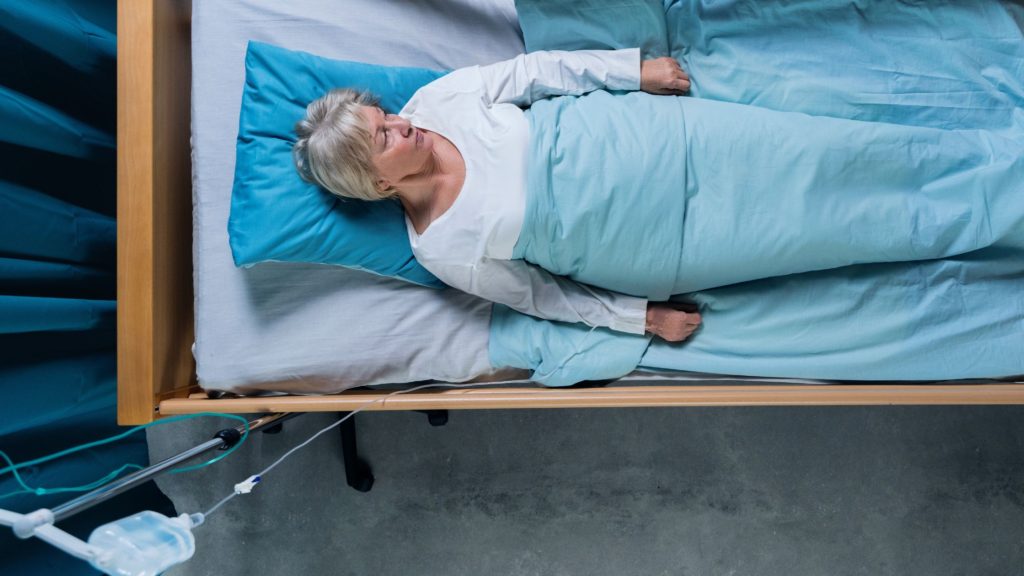
A person hospitalised for COVID-19 infection means the infection is severe and serious. All these risks including myocardial infarction, stroke, heart failure, atrial fibrillation, venous thromboembolism, pericarditis, all-cause death, cardiovascular death, and ischemic heart disease death were significantly worse for the person with a history of severe contracting the infection.
They have 28 times more risk of developing venous thromboembolism. They have 22 times increased risk of heart failure and 18 times higher chances of stroke than an unaffected person.
Among these, the most serious thing is a COVID-19 hospitalised person has 118 times more risk of dying as compared to an uninfected person.
For hospitalized COVID-19 infected cases
1)They have 28 times more risk of developing venous thromboembolism as compared to an uninfected person.
2) They have 22 times increased risk of heart failure.
3)18 times higher chances of stroke than an unaffected person
Risk is highest within this day of infection
Researchers also concluded that the risk of developing blood clots, stroke and heart attack is much higher within 30 days of contracting the infection.
Recommended: Regular Exercise Improves Immunity to Fight COVID-19 Infection|Study
Are mild COVID-19 cases safer?
No, as the trial found that both non-hospitalised and hospitalised COVID patients have an increased risk of developing venous thromboembolism. Venous thromboembolism is a condition in which blood clot formation takes place inside the veins which travels and blocks the narrower veins. This stops the blood flow to a particular organ and can lead to stroke, heart attack and even death.
What it means for us and signs to look for
The study clearly indicates the increased risk of heart disease, stroke and heart attack following COVID-19 infection, and it increases manifold with a history of hospitalisation. Fortunately, another study finds that regular brisk walking can bring down risk of heart attack.. Research indicates that risk is higher during the first 30 days of infection but the risk still remains for a prolonged period. So, if you have a history of coronavirus infection and in particular have a history of hospitalisation due to infection you should be cautious f you develop sudden chest pain or lightheadedness. You should immediately consult your doctor about the same.
Keep Reading: COVID-19 Increases Risk of Brain stroke, Early Signs you must watch for
The author is a physiotherapist who has been practising for the last 17 years. He holds a Bachelor's in Physiotherapy (BPT) from SVNIRTAR (Swami Vivekananda National Institute of Rehabilitation and Research), one of the prestigious physiotherapy schools in India.
Whatever he learns dealing with his patient, he shares it with the world through blogs and e-books. He also owns a YouTube channel, "Sunit Physiotherapist" with over 8 lakh active subscribers. Here, he shares everything he gets to learn serving the patient.
